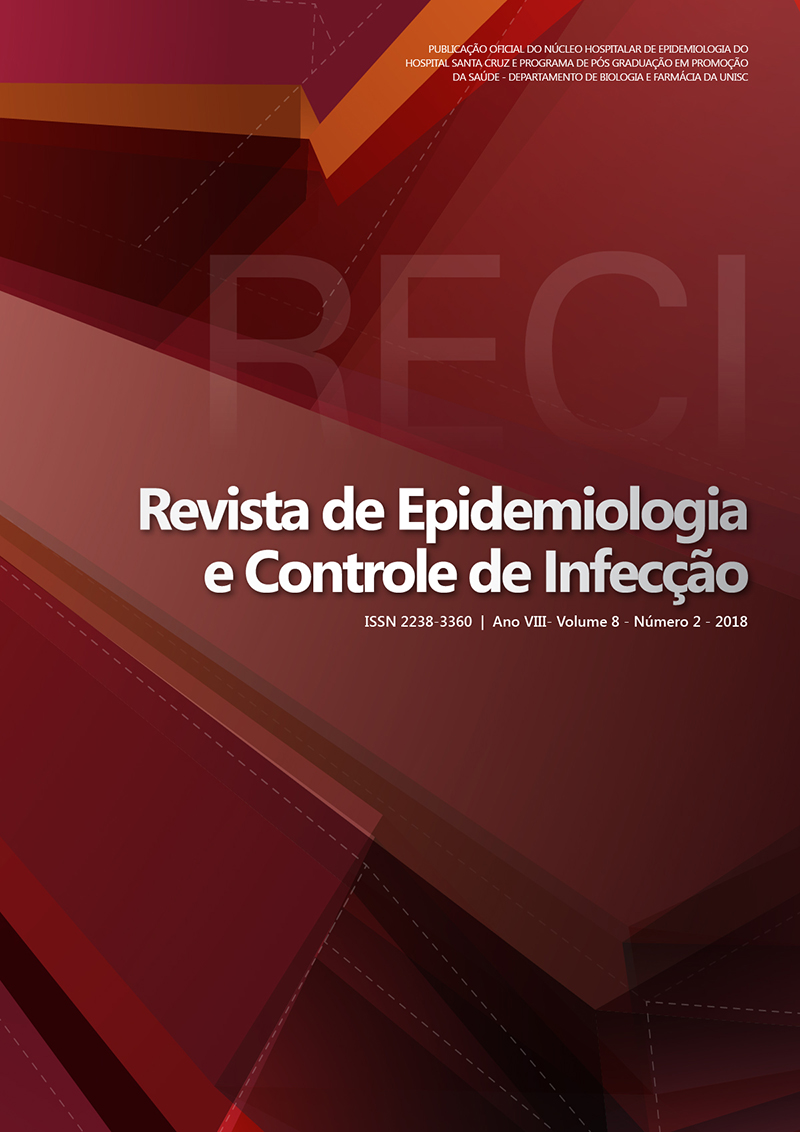Perceptions on dengue among residents of a brazilian border municipality
DOI:
https://doi.org/10.17058/reci.v8i2.11120Abstract
Background and Objectives: Approaches based on knowledge of the population constitute an important tool for guiding the development of appropriate and effective strategies to control and prevent outbreaks of dengue. The objective of this study was to identify the perceptions about knowledge, occurrence and control activities of dengue fever of residents of the municipality of Ponta Porã, Mato Grosso do Sul state, Brazil/Paraguay border. Methods: A qualitative-quantitative study was conducted from November to December 2016 in a population sample of residents in the urban area of the city. For the data collection, 383 residents were interviewed, whose content analysis was done using the Collective Subject Discourse technique. Results: The speeches reveal coherence between the information disseminated by dengue control campaigns and the knowledge of the population about the disease. Observed accountability of the own population on the occurrence of dengue. The interviewees showed dissatisfaction with the actions of dengue control developed by the municipal public power, mainly with the intensity, regularity and continuity of them. Conclusions: Most of the interviewees know what dengue is, knows its form of transmission and how it gives its control.Downloads
Downloads
Published
How to Cite
Issue
Section
License
The author must state that the paper is original (has not been published previously), not infringing any copyright or other ownership right involving third parties. Once the paper is submitted, the Journal reserves the right to make normative changes, such as spelling and grammar, in order to maintain the language standard, but respecting the author’s style. The published papers become ownership of RECI, considering that all the opinions expressed by the authors are their responsibility. Because we are an open access journal, we allow free use of articles in educational and scientific applications provided the source is cited under the Creative Commons CC-BY license.


